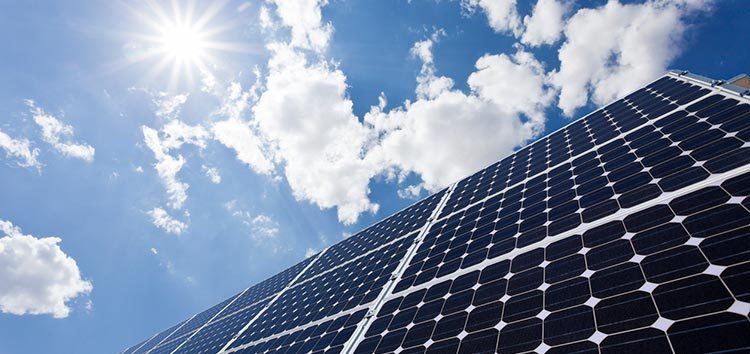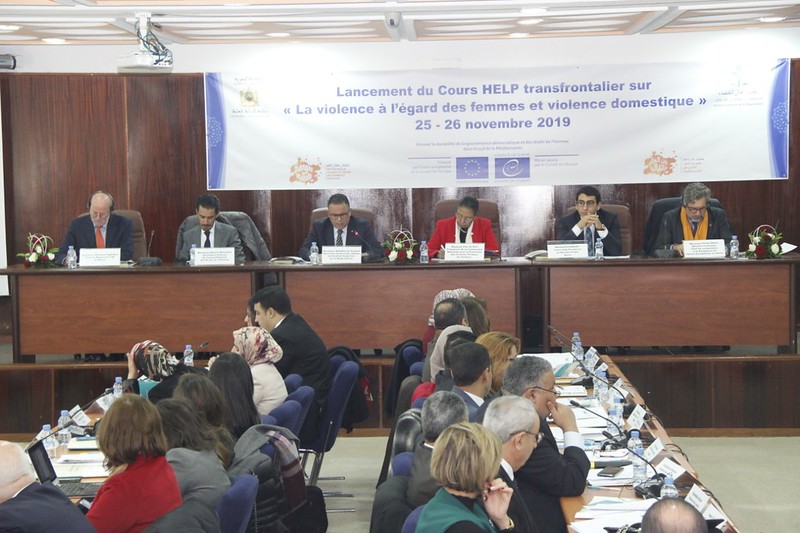EBRD and Green Climate Fund join forces to support major renewable energy project in Egypt

The European Bank for Reconstruction and Development (EBRD) and the Green Climate Fund (GCF) are teaming up to make a major contribution to a US$ 1 billion renewable energy project in Egypt.
The funding supports the Egyptian government’s Sustainable Energy Strategy, which aims to source 20 per cent of Egypt’s energy from low-emission renewable sources by 2022. The financing will allow independent power producers to invest in the first wave of private renewable energy production in Egypt.
Funding for this initiative, the largest contribution by the GCF since it began full-scale operations, is expected to start flowing in September.
The EBRD is providing US$352.3 million while GCF is making a contribution of US$154.7 million. Additional financing from sponsors and other co-financiers will bring the total investment in new private renewable energy generation in Egypt to US$1 billion.
EBRD President Sir Suma Chakrabarti said that this initiative, the nearest to implementation among the GCF-approved EBRD projects, underscores the very productive cooperation between the two organisations. “Climate finance is crucial to the EBRD’s strategy. We are aiming to dedicate 40 per cent of our annual investments to the green economy by 2020,” he said, referring to the EBRD’s Green Economy Transition policy, launched in 2015.
The Green Climate Fund was established in 2010 to finance climate change projects and programmes that help developing countries adapt to climate impacts and reduce greenhouse gas emissions. It is the largest global fund with the ability to leverage the private sector in tackling climate change.
The EBRD was created in 1991, initially to support eastern European countries in making the transition to open-market economies. It has been investing in the southern and eastern Mediterranean region, which includes Egypt, since 2012.
Read more





























 Syria
Syria 





